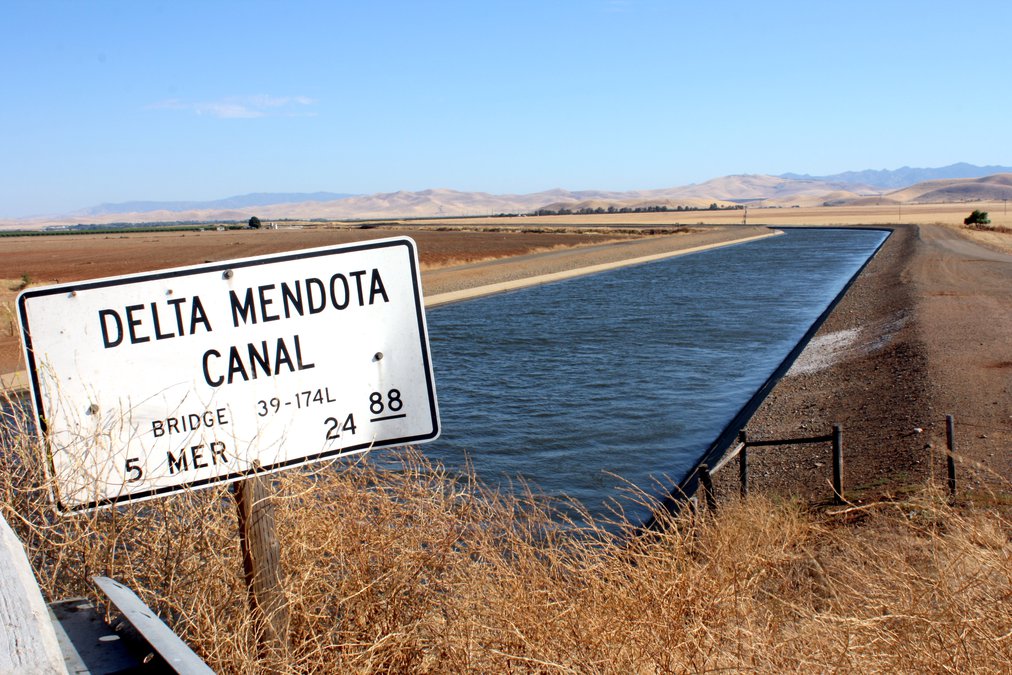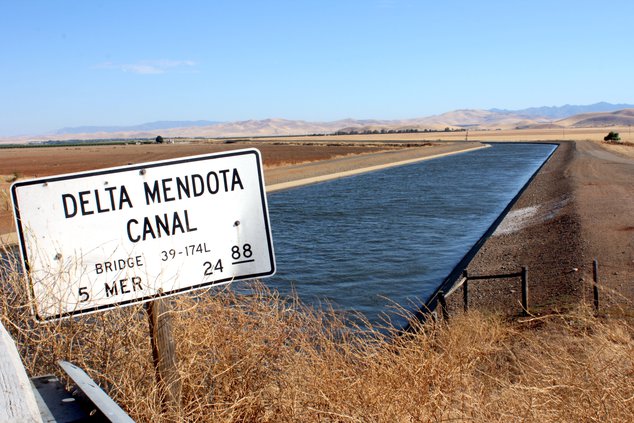It sounds like a good deal.
A middle man approaches the city with a proposal: We’ll find a buyer for your treated wastewater, secure private sector financing to build the infrastructure, negotiate a 30 year deal to make it pencil out, reimburse the city for any upfront costs, take a cut for ourelves, get the city some pocket change every year, and after the deal has run its course and the infrastructure is paid off turn the improvements over to the city.
What could possibly go wrong? In all likelihood nothing about the deal will go haywire. The real problem is what it could do to the city’s future.
Water is key to everything in California. If you have control of water in sufficient amounts you control your destiny.
There are three things on the horizon that city leaders had best pay heed before they buy into the PG&E model regarding critical and essential utilities and go for the money in the here and now while ignoring long term consequences.
In two of the three cases the city’s future is dependent upon movements by the state and federal governments, special interest lawsuits over water rights, and court decisions regarding fish flow and groundwater pumping. The third challenge is Mother Nature.
If Manteca plays its hand of 7,280 acre feet of annual recycled wastewater now by executing a deal that assures the future of farmers on the west side of the San Joaquin Valley, they will have squandered their ace in the hole.
First there is the state mandate of groundwater sustainability. Simply put no more water than what is replenished during a given year can be pumped from the ground. Currently there needs to be a way to return 78,000 acre feet each and every year to the Eastern San Joaquin Sub-basin based on current use.
Plentiful water years would cover the need. But droughts and continued growth make reaching that goal extremely problematic.
And the old assumption that converting an acre of farmland to an acre of houses ends up with no change in the impact of the water table is going out the window. That’s because the premise is based only in water use. By adding water replacement into the equation the state changed the rules. A much higher percentage of water used for farming is returned to the aquifer than urbanized uses. Much of the urban water that doesn’t evaporate or is not consumed by human, plant or animal goes down the drain and not into the ground.
In Manteca’s case the water is sent to the wastewater plant where it is treated and sent into the San Joaquin River.
Toss in a drought and suddenly water restrictions we now follow will seem outrageously liberal compared to the steps needed to meet the state mandate of groundwater sustainability during an extended dry spell.
Banking on water from the Stanislaus River is not a sure thing.
Pending state proposals on unimpaired fish flows will have devastating impacts on Manteca’s water supply not only during droughts but also during wet years.
Manteca’s current water system combining surface and well water has been projected to serve a city of 125,000 plus. But that was before groundwater sustainability as well as unimpaired fish flows became major issues.
Not only is city’s ability to pursue a second phase of the South San Joaquin County Surface Water Treatment Plant in jeopardy due to schemes to essentially commander SSJID’s superior water rights but so is the availability of water that would take the first phase of the plant up to full capacity.
Then there is the issue of drought. This is not a climate change debate. The carbon dating of tree rings makes it clear the last 200 years throughout California and much of the Western United States has been abnormally wet. The natural weather pattern for thousands of years has been periods of mega-droughts broken up by a year or two of normal weather years.
Weather cycles and the understanding that once water is committed contractually it’s gone is why the SSJID never makes deals for out-of-basin delivery of water when things are flush that are multiple year. If they made a 30-year commitment to such a deal farmers — who have an acute understanding of the value of water — would recall and throw the SSJID board out so fast that you’d get whiplash.
In lieu of pocketing a couple hundred thousands of dollars or so annually for 30 years the positive economic impact on Manteca could easily by a hundred times bigger by using the treated wastewater to help recharge the basin and/or deploying through purple pipe to irrigate parks, school grounds, and large landscaped areas.
The SSJID has looked at conceptual recharge basins off of the French Camp outlet that the wastewater treatment plant is near.
The odds are recharge basins would allow the city to make a case to the state or a groundwater authority that they are 100 percent sustainable in terms of what they draw from ground and what they put back. Water pumped from the ground is metered at wells as is recycled wastewater released from the treatment plant. The fact Manteca mixes surface water with ground water means that unlike many cities such as Stockton and Ripon that rely 100 percent on well water means we are far less likely to face draconian water use restrictions when groundwater sustainability rules go into effect. That is especially true when groundwater sustainability is wedded with a drought.
What makes the 7,280 acre feet of recycled wastewater even more valuable to Manteca is the fact it is a water source that you don’t have to “develop” or use in order to protect it.
It is also “new” water by the fact it is recycled and not taken directly out of the allotment pie of water rights in a particular water basin.
Once a 30-year contact or similar deal is inked Manteca’s recycled wastewater is gone.
It will no longer be able to help Manteca weather a drought, keep its economy going, or not resort to requiring residents to adhere to draconian waters rules in order to meet groundwater sustainability mandates.
This column is the opinion of executive editor, Dennis Wyatt, and does not necessarily represent the opinion of The Bulletin or Morris Newspaper Corp. of CA. He can be contacted at dwyatt@mantecabulletin.com or 209.249.3519.





